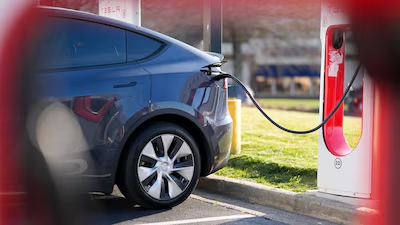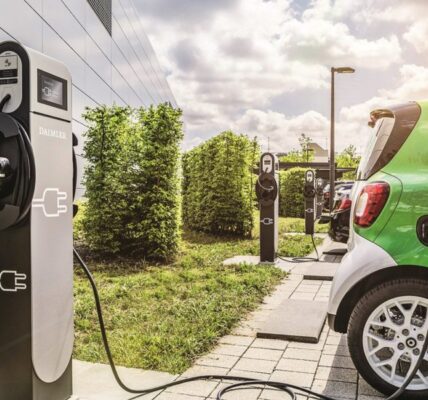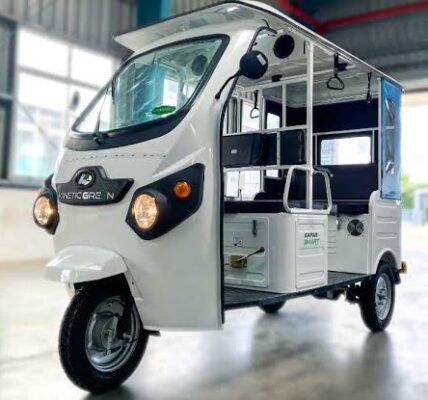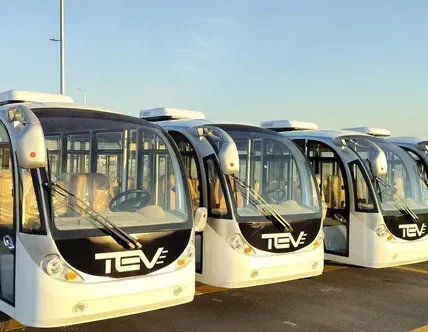India has launched several initiatives to promote the production and usage of electric vehicles (EVs) in the country. As a result, it already has over 45 lakh registered electric vehicles, according to government data. The Centre is now actively working towards increasing the number of charging stations and improving its technology.
An indigenous wireless charger has been developed by C-DAC (T) and VNIT Nagpur for electric vehicles. It is capable of charging 90% of the battery in about three hours. The technology has now been handed over to an Indian firm to develop commercially.
The indigenous wireless 1.5 kw charger is designed to operate on a 230-volt, 50 Hz AC single-phase supply. It can charge a 4.8 kWh onboard battery pack at 48 volts using 30 amperes in just three hours, charging almost 90% of the battery.
The charger also includes advanced safety features like short-circuit and open-circuit protection as well as silicon carbide-based MO SFETs operating at 88 kHz.
Earlier in April, the Ministry of Electronics and Information Technology (MeitY) announced the transfer of technology for the indigenous 1.5 kw Wireless Charger technology to M/s Global Business Solution Pvt. Ltd.
S Krishnan, the Secretary, MeitY, announced the signing of agreements (ToT/MoA/MoU) with industries for the commercialisation of technologies developed under the National Mission on Power Electronics Technology (NaMPET). The event took place at Electronics Niketan in New Delhi.
Last year in December, the ministry implemented several schemes to promote EVs and to address challenges in their adoption, including the PM E-DRIVE scheme and the PSM scheme, among others. The Ministry of Finance has also reduced GST on EVs from 12% to 5%.







